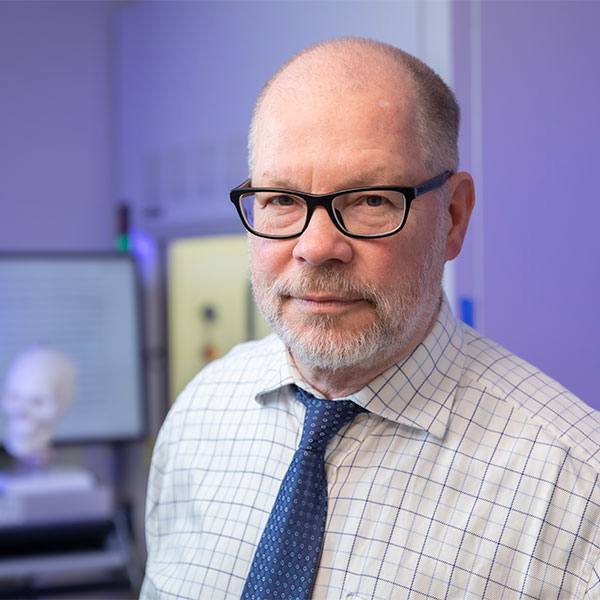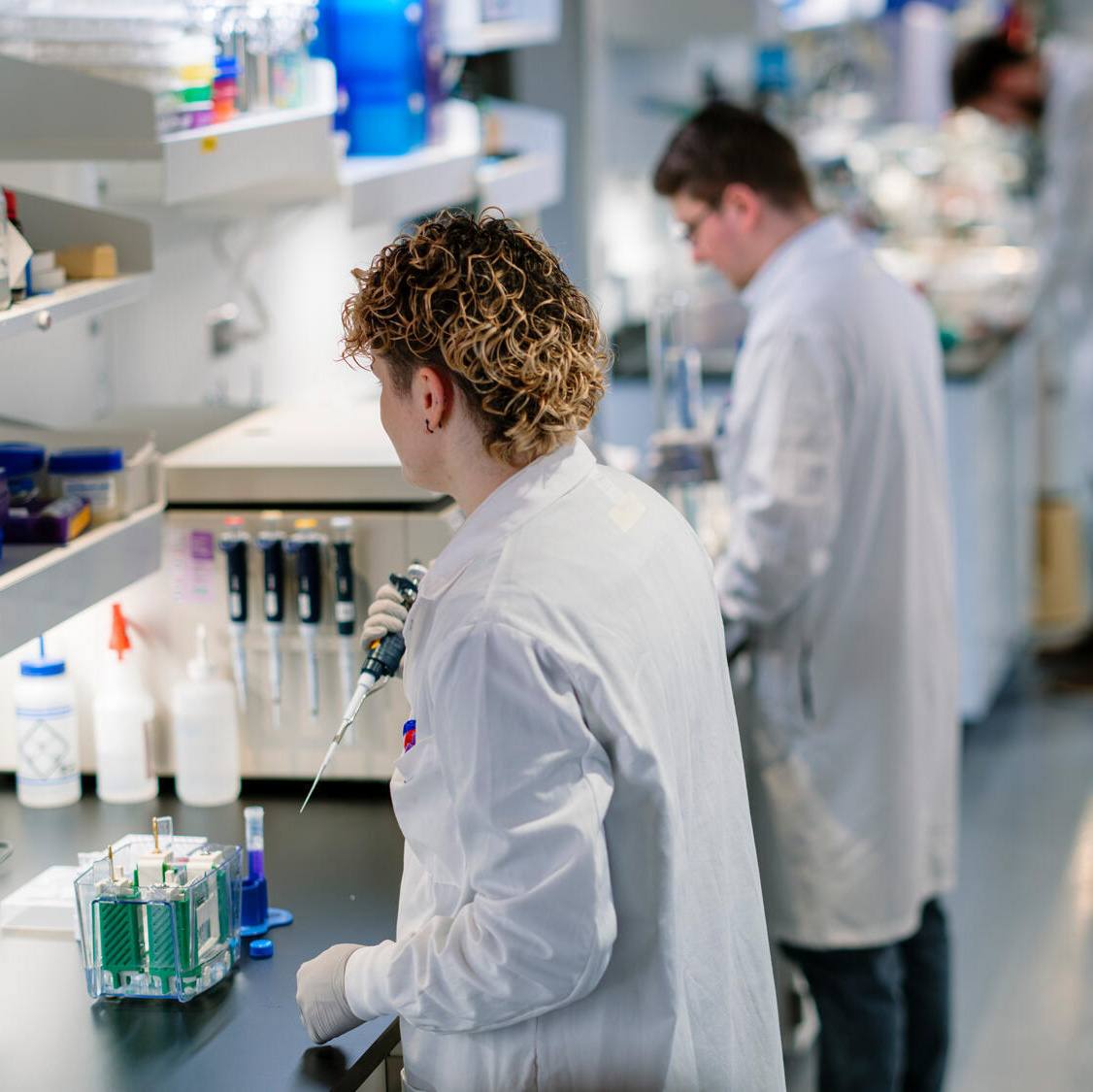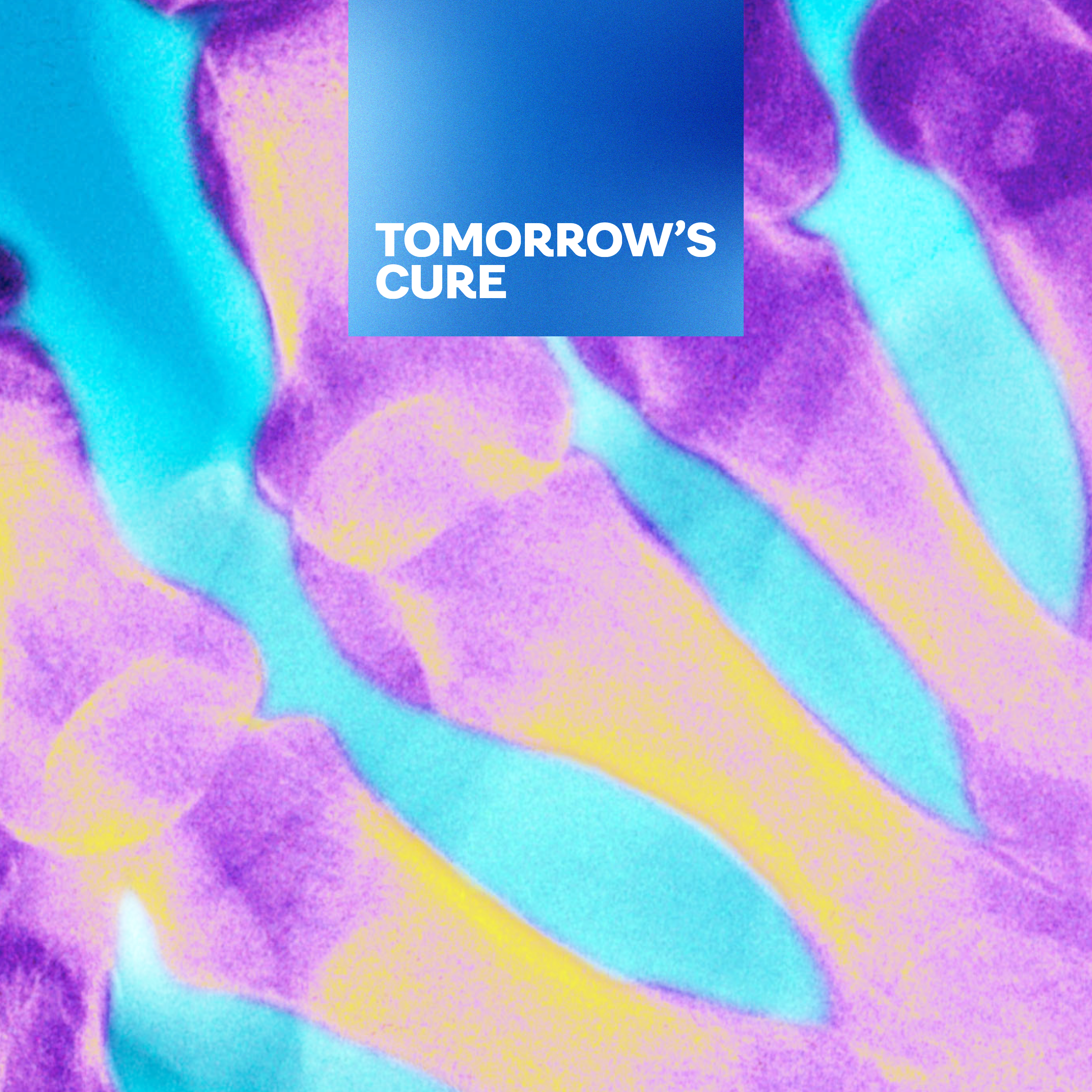-
Research
What is the Science of Health Care Delivery?
The science of health care delivery focuses on how patients actually receive care. From using engineering principles to determine the most efficient way to schedule patient appointments to research focusing on the most successful, cost-effective means for delivering treatment, this discipline's aim is to enhance the patient's experience with health care by improving quality, outcomes and cost.
At the inaugural Delivery Science Summit Sept. 16-18, in Rochester, Minnesota, attendees were asked to describe what delivery science meant to them. Hear some responses:
In the Mayo Clinic Robert D. and Patricia E. Kern Center for the Science of Health Care Delivery, physicians, researchers, engineers, quality experts, IT professionals and others work together to identify solutions to the recurring questions and problems in health care today. This patient-centered work looks at aspects of the health care delivery continuum ranging from health care systems engineering and population health to surgical outcomes and the overall care experience. In addition, the center’s Office of Healthcare Practice and Policy works to engage Mayo Clinic’s unique assets on value and quality measurement, risk adjustment, economic analyses and alternative payment models; and to identify best practices by examining quality measures, costs and outcomes.
A few days ago, a journal article highlighting one of these issues was published by researchers from the Kern Center and Mayo Clinic Cancer Center. The authors describe a case study of one palliative treatment used in cancer care came into use, waned, reemerged, and finally was discontinued due to definitive proof – over the course of ten years! Read news release.
While this particular medication did not cause direct harm to patients who received it, there was no benefit, and the time and cost associated with ineffective or inappropriate treatments can be great. While the research process edges along, the potential exists for harm on the other end of the spectrum – not receiving a treatment that could be beneficial while waiting for research to be completed. In addition, even when definitive research exists, clinical practice may vary, due to lack of adequate dissemination or adoption of the findings.
Other research has shown that it takes on average 17 years to move a mere 14 percent of research findings into changes in practice and improvements in patient care. The issues of rapid and thorough dissemination and expediting adoption continue to be a focus within the realm of health care delivery research.
The center, and collaborators across the country, is working to expedite research, and then to find better ways to communicate and translate findings into practice. We must work together to improve health, manage costs and enhance patient experience, and we will continue to find synergies and process improvements. Delivery science is a team sport, and we all need to play!
###
Lois Krahn, M.D., is a psychiatrist and sleep specialist at Mayo Clinic, and the Deputy Director for Education in the Mayo Clinic Robert D. and Patricia E. Kern Center for the Science of Health Care Delivery.








